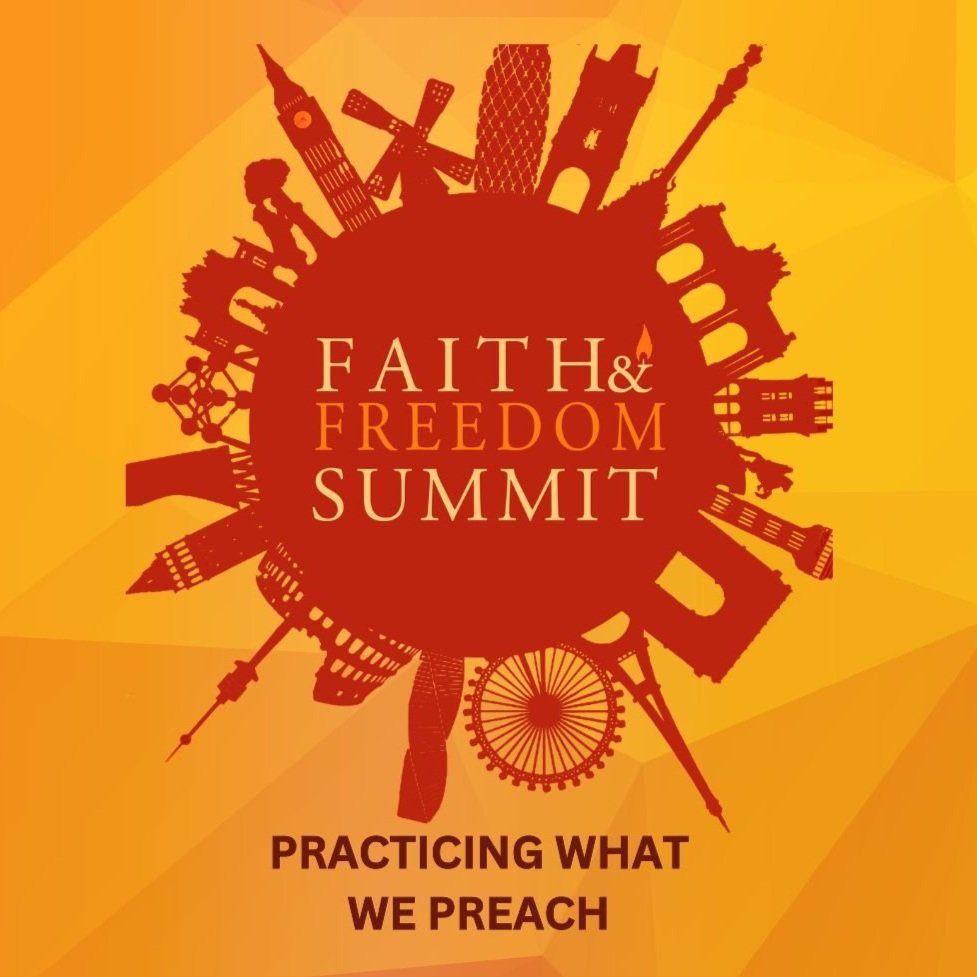Violations of Freedom of Religion in the European Union Recognized by the ECHR
Vincent BERGER
Attorney at the Paris Bar
Honorary Professor at College of Europe
Former Jurisconsult of the European Court of Human Rights
Freedom of religion is guaranteed by Article 9 of the European Convention on Human Rights, which binds the 47 member-states of the Council of Europe including the 28 members of the European Union ("the EU").
It is only in the last twenty years that the European Court of Human Rights ("the ECHR") has been seized of applications alleging a violation of Article 9, taken alone or in combination with other articles of the Convention or its additional protocols. Most are declared inadmissible for various reasons.
The infringement judgments delivered by the ECHR mainly concern non-EU states, in particular Russia, Ukraine, Moldova and Turkey. Some, though few, target EU members. They can be grouped into two chapters: manifestations of religion and religious organizations.
I. THE MANIFESTATIONS OF RELIGION
Proselytism
Convictions to prison sentences for proselytism (Kokkinakis v. Greece, 25 May 1993, and Larissis and Others v. Greece, 24 February 1998).
Denominational membership
Decision of the State to "requalify" the membership of members of the Old Orthodox religion, leading ipso facto to a change of denomination (Miroļubovs and others v. Latvia, 15 September 2009).
Dismissal of an employee of a public school for belonging to an evangelical community (Ivanova v. Bulgaria, April 12, 2007).
Obligation for a new lawyer and for individuals participating in criminal proceedings as witnesses, complainants or suspects to take the religious oath (Alexandridis v. Greece, 21 February 2008, Dimitras and Others v. Greece, 3 June 2010, and Dimitras and others v. Greece (No. 3), 8 January 2013).
Absence of an optional ethics course for a pupil exempted from religion classes (Grzelak v. Poland, 15 June 2010).
Port of religious symbols
Temporary dismissal of an employee of a private company for refusing to conceal the Christian cross she bore (Eweida and Others v. The United Kingdom, January 15, 2013).
Food precepts
Refusal of the Prison Service to provide Buddhist detainees with meatless meals (Jakóbski v. Poland, 7 December 2010, and Vartic v. Romania (2), 17 December 2013).
Objection of conscience
Denial of access to the profession of accountant for conscientious objector convicted of refusing to wear uniform (Thlimmenos v. Greece, 6 April 2000).
Impossibility for Jehovah's Witnesses ministers to obtain a complete exemption from military service and alternative civilian service, for lack of being ministers of a "recognized religious society" (Löffelmann v. Austria and Gütl v. Austria, March 12, 2009, and Lang v. Austria, March 19, 2009).
Third party attacks
Insufficient police response to violent but regular protests by political party activists against Muslim-held Friday prayer meeting inside and outside a mosque (Karaahmed Bulgaria, 24 February 2015).
II. RELIGIOUS ORGANIZATIONS
Registration of organizations
Prolonged refusal to recognize the legal personality of a religious community, which had a long history internationally and was already known at the national level (Religionsgemeinschaft der Zeugen Jehovas and others v. Austria, 31 July 2008).
Refusal to conclude an agreement with Reformed churches to provide religious classes in public schools and to obtain official recognition of religious marriages (Savez crkava "Riječ života" and others v. Croatia, 9 December 2010).
State relations
Relegation to the status of "associations" of religious organizations previously recognized as "churches", resulting in the loss of rights and privileges (Magyar Keresztény Mennonita Egyház and others v. Hungary, 8 April 2014).
Financing organizations
Taxation of all the donations received by religious associations, together with interest for late payment and surcharges (Association Jehovah's Witnesses v. France, June 30, 2011, and Evangelical Missionary Church and Salaûn v. France, Religious Association of the Temple Pyramid v. France and Association of Knights of the Golden Lotus v. France, January 31, 2013).
Refusal to exonerate from the payment of inheritance and donation taxes a religious community having the simple status of a "registered religious organization" and not of a "recognized religious society" (Jehovas Zeugen in Österreich v. Austria, 25 September 2012).
Choice of leaders
Government intervention in choosing the leaders of the Muslim community (Hassan and Tchaouch v. Bulgaria, 26 October 2000).
Organization by the government of a unifying conference of Muslims to end a schism and consequent selection of participants by the government (High Spiritual Council of the Muslim Community v. Bulgaria, December 16, 2004).
Government interference in a conflict tearing the National Orthodox Church, which it had directly helped to create by declaring invalid the election of the Patriarch Maxim as the head of the Church (Holy Synod of the Bulgarian Orthodox Church (Metropolitan Innocent) and others v. Bulgaria, 22 January 2009).
Ministers of religion
Conviction, for "usurpation of functions of minister of a known religion" and "public wearing of the dress of such a minister without having the right", to prison sentences commuted in fines of Muftis elected by Muslims but not recognized by the State which had appointed other persons to these posts (Serif v. Greece, 14 December 1999, and Agga v. Greece (no. 2), 17 October 2002, Agga v. Greece (no. 3) and (no. 4), July 13, 2006).
Prohibition of foreign missionaries from engaging in public religious activities (Perry v. Latvia, 8 November 2007).
Places of worship or prayer
Conviction of Jehovah's Witnesses to prison and fine for using a private room, rented as a House of Prayer, without prior authorization from the local bishop of the Orthodox Church and from the Minister of national education and religions (Manoussakis and others v. Gece, 26 September 1996).
Prohibition of the gathering of followers of a religious community in the home of one of them, on the grounds that it was not registered by the State (Boychev and Others v. Bulgaria, 27 January 2011).
Injunction imposed by the police on a member of an evangelical community against holding meetings at her home (Dimitrova v. Bulgaria, 10 February 2015).
